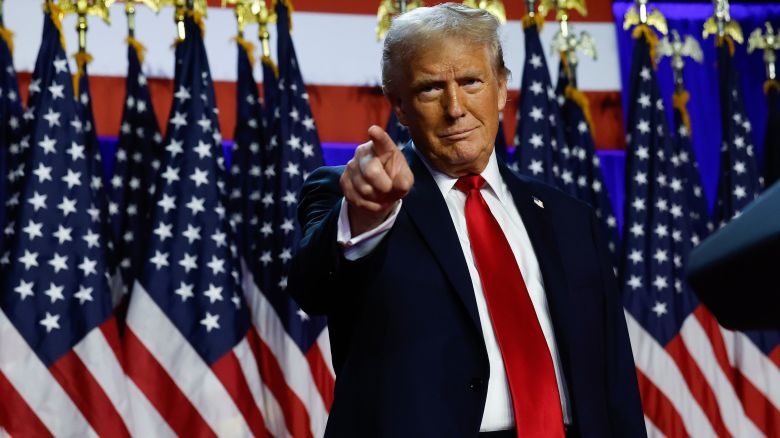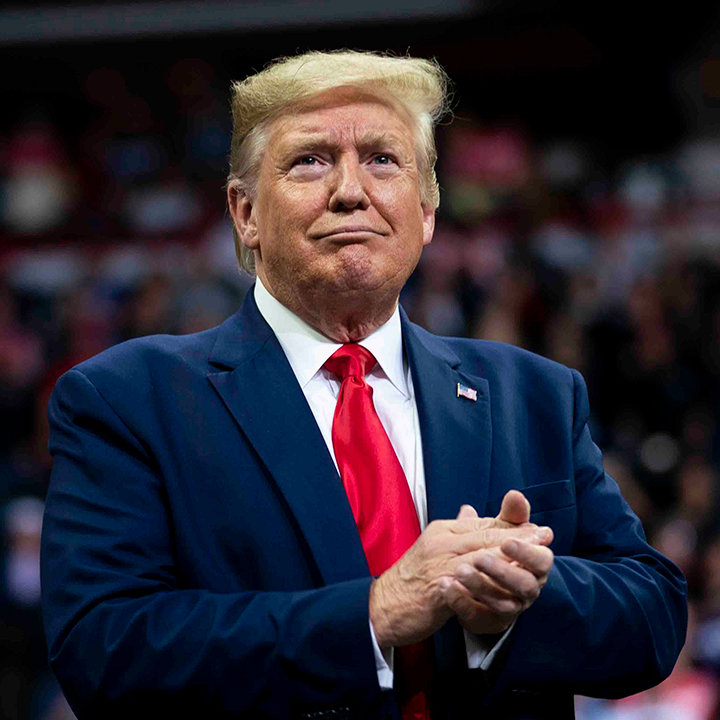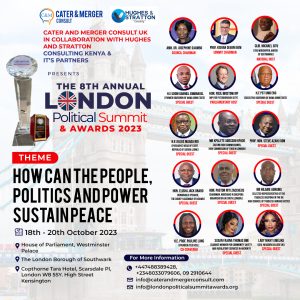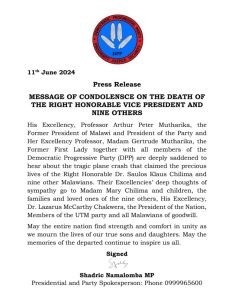By Godson Azu
Donald Trump, born on June 14, 1946, in Queens, New York, is a businessman, media personality, and politician who served as the 45th President of the United States (2017–2021). Now, hypothetically poised as the 47th President following an electoral victory with sweeping support across all demographics, Trump embodies a distinct and controversial brand of leadership. His “America First” philosophy and hardline stances have made him a polarizing figure in global politics. Here’s a closer look at Trump’s ideology, his potential second-term vision, and its anticipated impact on Africa and the global stage.
Trump’s Background: The Foundations of His Political Persona
- Business and Media Success: Born into a real estate family, Trump expanded the Trump Organization, gaining fame for luxury developments and establishing himself as a media figure with The Apprentice.
- Political Rise: Trump’s political journey took off in the 2010s, marked by his advocacy for populist issues, his skepticism of the Washington establishment, and his vocal opposition to globalist policies.
Ideological Core: America First
Trump’s “America First” stance prioritizes U.S. interests, particularly in trade, security, and foreign policy. His ideology can be broken down into several pillars:
- Economic Nationalism: Trump advocates for U.S. manufacturing and job protection through tariffs, immigration limits, and trade renegotiations.
- Populism and Anti-Establishment: Known for his criticism of “Washington elites,” Trump positions himself as a voice for the “forgotten man.”
- Skepticism Toward Globalism: Trump’s mistrust of global institutions like NATO, the UN, and WHO is rooted in a belief that they often prioritize others over American taxpayers.
Key Elements of Trump’s Vision as the 47th President
In a second term, Trump would likely seek to strengthen the U.S. economy, solidify borders, and counter China’s global influence. Key goals might include:
- Economic Revival: With a focus on battling inflation and restoring manufacturing jobs, Trump would likely push for tax cuts, deregulation, and policies to reduce dependency on foreign manufacturing.
- Immigration and Border Security: Trump’s vision emphasizes a secure border and streamlined immigration processes.
- China as a Competitor: A second Trump term would likely involve stricter trade policies aimed at countering China’s influence in critical sectors.
- Energy Independence: Trump’s stance on energy would focus on fossil fuel production to secure U.S. independence from foreign oil, potentially reopening projects like the Keystone XL pipeline.

Trump’s Vision for U.S.-Africa Relations
Trump’s “America First” approach implies a transactional relationship with Africa, marked by economic interests and competition with China. Here’s what a Trump second term might mean for Africa:
- Economic Relations: Trump is likely to favor trade agreements that benefit the U.S. economically, potentially shifting away from multilateral frameworks like AGOA. Instead, we might see selective partnerships in resource-rich African regions.
- China Countermeasures: A Trump administration could discourage African nations from engaging with China’s Belt and Road Initiative by incentivizing partnerships with American firms.
- Military and Security Policies: Trump’s approach to Africa might include counterterrorism support, focusing on strategic regions like the Sahel. However, budget-conscious tendencies may lead to reduced aid for peacekeeping.
- Immigration Policies: Trump’s tough immigration stance may result in selective visa restrictions on African nations, affecting educational and business exchanges.
- Public Health Initiatives: A second Trump administration may limit U.S. involvement in African health programs unless there is a direct benefit to U.S. public health.
A Potential Trump Vision for Global Influence
- Global Stability: Trump’s approach could reduce U.S. military entanglements, but critics argue this could leave power vacuums in volatile regions.
- Economic Prosperity: Trump’s preference for U.S. manufacturing could disrupt global supply chains, affecting economies that depend on exports to the U.S.
- International Relations: Trump may push for bilateral agreements over multilateral treaties, weakening global institutions but potentially allowing the U.S. to secure more favorable deals.
- Influence of Russia and China: With a less interventionist U.S., rival powers like Russia and China may expand their influence, particularly in regions where U.S. presence is reduced.
Conclusion: A New, Unpredictable Era
A second Trump term would likely cement a “America First” strategy, focusing on economic growth, national security, and conservative social policies. Globally, Trump’s approach could yield both stability and tension, depending on how other powers respond to his leadership. His transactional stance on diplomacy and skepticism of multilateral institutions could introduce unpredictability in global affairs, reshaping U.S. influence in an increasingly multipolar world. As such, a Trump presidency would likely be defined by an assertive, self-reliant America, engaging with the world on its terms and prioritizing domestic interests over international commitments.





